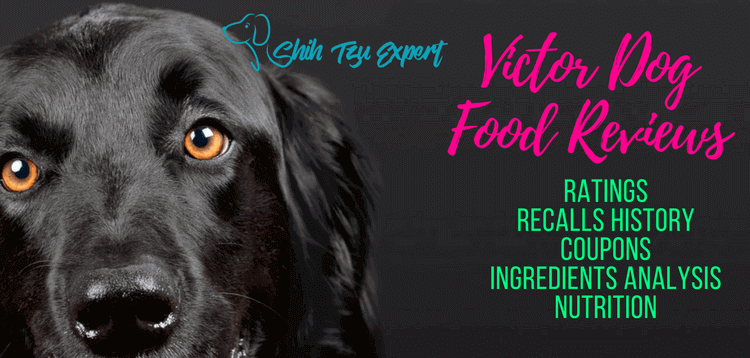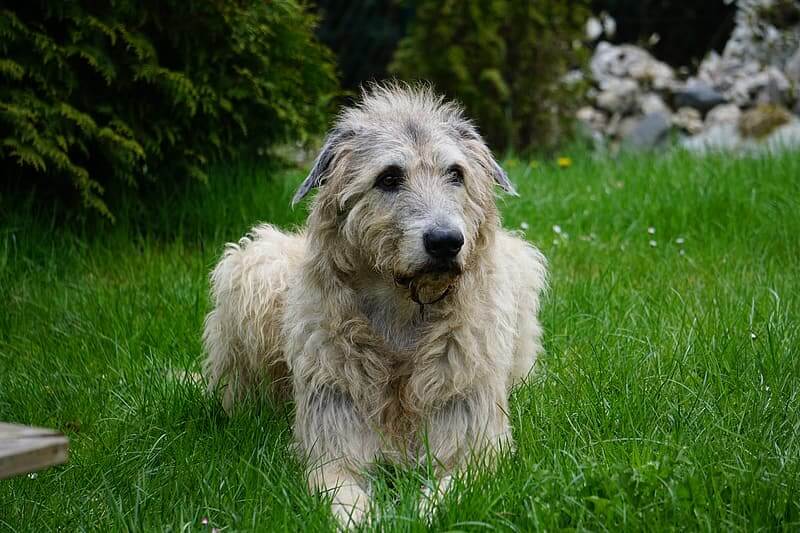
Most new pet dog owners do not carry much information on the breed of dog they own and its characteristics. They do not usually realize the size of a puppy and the impact it has on its growth rate. For instance, some dogs grow faster than others. And some breeds take more time to mature. The Akita and Great Dane take a longer period to grow. In contrast, the growth rate is relatively slow for Saint Bernard and Irish Wolfhound.
Failing to assess the height and health of your pet properly often makes the owners disappointed as well as anxious. If you are keen to explore more about the size of a puppy and its growth rate, read the following information about the average growth rate of the most common puppies and how to be assured of their health.
Growth Rate for Different Breeds
It is better to know the growth rates when getting a puppy. It will help you to understand better how much work you will need to put into raising it.
- The Labrador Retriever: They grow fast and can weigh up to 18kg within a year.
- The Golden Retriever: This type of dog is also known for growing rapidly. It usually weighs around 19kg in a year and reaches maturity after one and a half years.
- Beagle: Beagles grow pretty slowly. This breed has an average weight of around 9kg and matures at two years.
- Rottweiler: This breed can weigh up to 55kg when mature. It takes about 18 months for the Rottweiler to reach its full size.
- Chihuahua: This breed is famous for being a tiny-sized dog. Chihuahuas can weigh as little as 1.2kg when fully grown. And it typically matures within nine months.
- Goldendoodle: Goldendoodle is a crossbreed of the Golden Retriever and the Poodle. This dog is known to grow at a medium rate. It can weigh up to 25kg when fully grown and reaches maturity within 12-14 months.
How to be Assured of the Right Growth of Your Puppy
To ensure your puppy is growing properly, it is crucial to provide them with the proper nutrients. Follow these tips to raise a healthy and fully-grown dog that is happy and active:
- Proper Diet – Make sure that you feed your puppy a balanced diet high in protein, vitamins, and minerals. It will help your pet to grow correctly and maintain good health.
- Exercise – Puppies need exercise to grow strong bones and muscles. Make sure to engage your puppy in regular playtime and activity, especially when they are still young.
- Check for the Symptoms of Growth Issues- You should know what indicators to look for if you suspect your dog is growing too slow or too fast. For instance, extremely slow growth can be due to malnutrition. On the other hand, rapid growth may indicate a more severe problem or a disorder. If you see any abnormality, it is best to consult your local vet.
- Rest – Like humans, puppies need plenty of rest to grow correctly. Make sure your puppy has a comfortable place to sleep and enough time to nap during the day.
- Reduce Stress – Stress can affect a dog’s growth and development. So make sure your puppy is not getting into too much mischief throughout the day. Pets need to be calmed down and relaxed to grow at the right speed.
- Maintain a Chart – Observing your puppy’s growth rate by recording its weight and measurements every month is crucial when you want to ensure everything is okay. It will help you to understand better how it is growing and identify any potential problems.
Raising a healthy and well-adjusted puppy takes a lot of hard work. But it is worth it.




